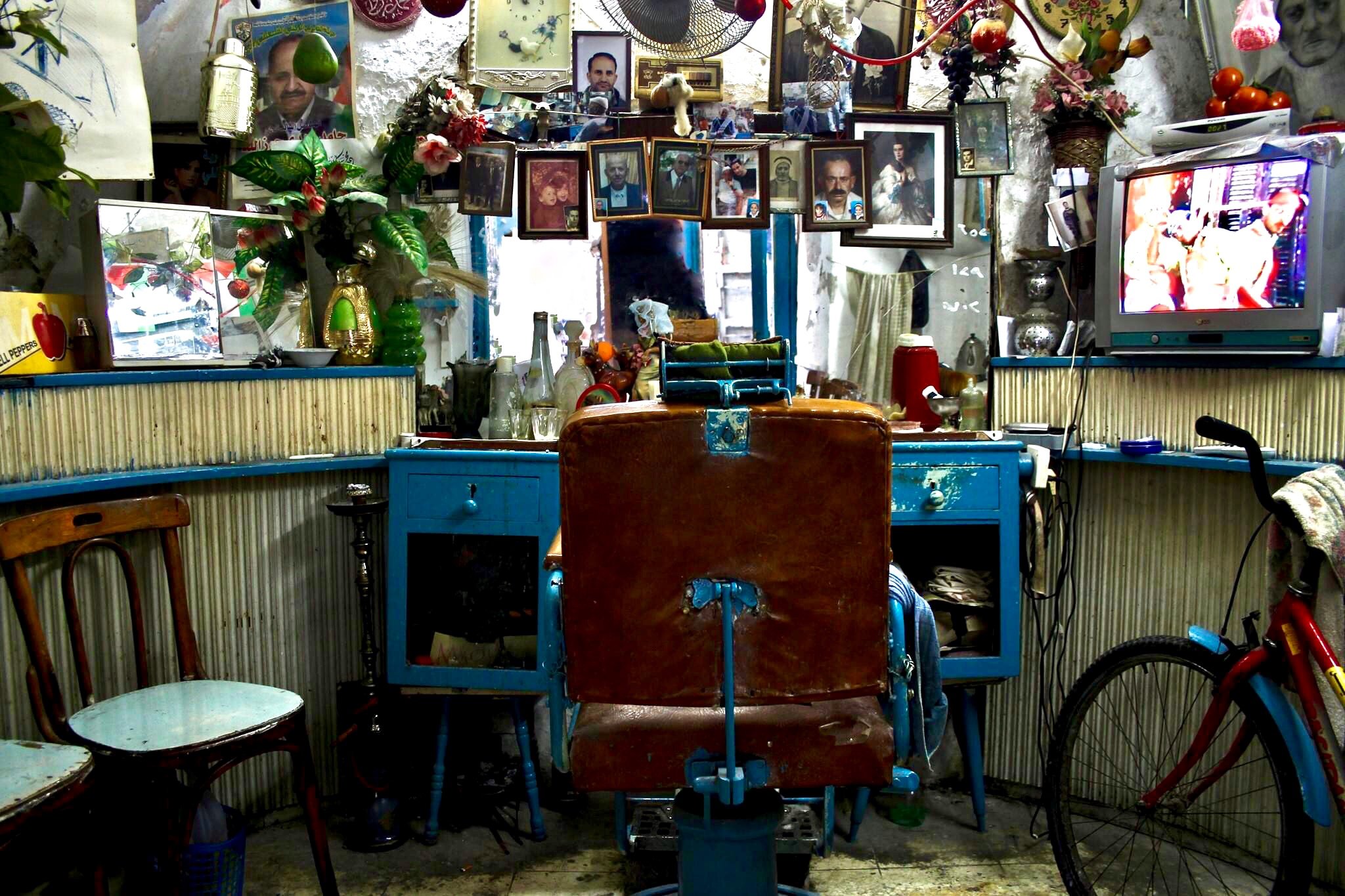Objectives
Bring together Palestinian anthropologists locally, regionally, and internationally under joint activities.
Support Palestinian anthropological and ethnographic research.
Promote teaching and researching anthropology at Palestinian institutions of higher education.
Engage the Palestinian wider public with anthropological knowledge.
Disseminate critical anthropological knowledge of the Palestinian experience internationally.
Encourage Palestinian anthropologists to develop critical research and study societies and cultures beyond Palestine.
Promote Palestinian anthropologists’ participation in international scholarly activities.
Welcome international scholars working on Palestine and Palestinians abroad to participate in Insaniyyat activities.
Activities
Organize conferences, seminars, and workshops.
Publish, translate, and distribute anthropological research to various audiences in Arabic and other languages.
Introduce anthropology as an independent discipline to various institutions of higher education.
Circulate information about funding opportunities, studentships, and fellowships.
Create professional development and mentorship program for students.
Network with other anthropological associations in the world and especially in the Arab World and The Global South.
Photography: Dina Zbidat ©
Background
Why Insaniyyat?
Bereft of a homeland yet invigorated by searching for a language towards one, we have commonly resolved to begin something new, to think and speak about anthropology together in Arabic, with Palestine as our compass, and with other struggles for justice as inspirations, by embarking on Insaniyyat | Society of Palestinian Anthropologists. As the healthy habitats and sane inquiry into truth traditions that have nurtured our bodies, minds, and souls are dissolving by the day on our endangered planet, we find it increasingly vital to think in the language that counts as home, or as one cherished home, to join together oriented by our different experiences of Palestine and of dispossession and exile. Hence, we constitute ourselves as a community of inquiry despite our dispersal, and the dismemberment of our homeland that has continued since the advent of modern colonial conditions. To work against ongoing and various besiegements of occupation, corruption, and statelessness, to take a measure of responsibility for knowledge produced and disseminated about and in Palestine, we have resolved to furnish our inquiry with an institutional form that resonates with our essentially sovereign-less condition. As a collective, we resolve to foster an anthropological space of thought that tethers us neither to the dominion of Western reason nor to the quest for the modern state, but to our own formations of what we can know, do, and hope for.
Mission and Vision
Insaniyyat is a society of Palestinian anthropologists devoted to promoting anthropological inquiry among Palestinians and about Palestine and the rest of the world. It advocates the development of anthropological knowledge in diverse subfields and related ethnographic research, while always attuned to social and political justice. It aims to promote anthropological scholarship to various audiences in Palestine and beyond.
Insaniyyat seeks to develop a critical anthropological knowledge in which different perspectives and diverse lifeways are considered in their particular cultural, historical, and political contexts.
Insaniyyat aims to provide professional support for Palestinians working in the discipline of anthropology by promoting their academic research and by promoting ethnographic writing in Arabic language.
Finally, Insaniyyat is committed to spreading knowledge about anthropology among Palestinian university students and to introducing anthropology to wider publics.

Become a Member
Insaniyyat 2023-2024 Membership (Sponsored by PARC) is open to all scholars who:
Support the goals of the association and commit to securing a viable Palestinian space within anthropology;
Are professionally involved in or are studying anthropology or a cognate discipline at an academic institution;
Have met the financial dues stipulated by the association.

